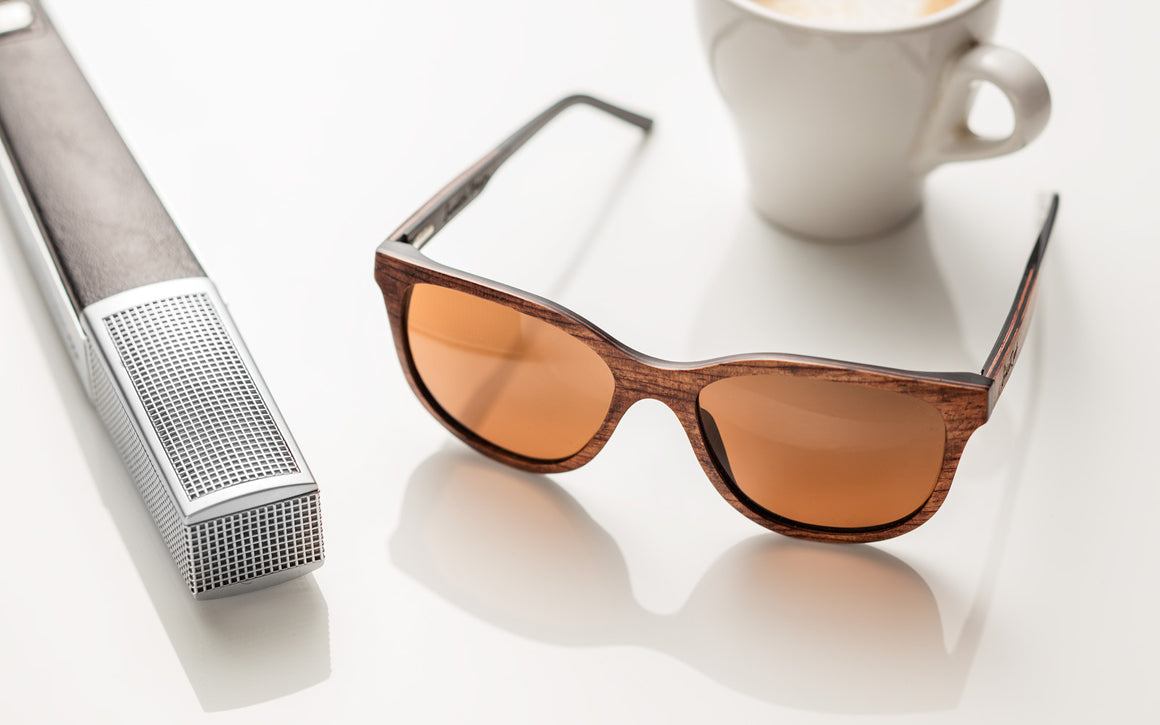November 04, 2016
EarthTalk®
From the Editors of E - The Environmental Magazine
Dear EarthTalk: Is it true that polyester fleece clothing is a huge contributor to the problem of plastic in our oceans? -- Mickey Walton, Seattle, WA
We’re all familiar with the issue of non-biodegradable plastic debris (shopping bags, soda bottles, fishing nets etc.) clogging up our waterways and making its way out to sea—sometimes accumulating in huge “gyres.” But what you might not realize is that even if you are responsible about recycling and not littering, you may still be contributing to the ocean's plastic burden by virtue of the clothes on your back.
“The single biggest plastic pollution problem facing our ocean is microfiber: trillions of pieces of tiny fibers flowing into the ocean—every time we use our washing machines,” reports the nonprofit Rozalia Project. “Our synthetic clothing is breaking up, sending this plastic microfiber out with the drain water.” According to the group, just one fleece jacket could shed over 81,000 minute strands of polyester per wash. “New York City, alone, could have 6.8 billion microfibers flowing into its harbor every day.”
According to activist Sarah Mosko, the tiny size of microplastics actually adds to their dangers. “Because plastics are lipophylic (oil-loving), oily contaminants in seawater are drawn to them,” she reports on Algalita’s blog. “Japanese researchers found that plastic pellets no more than a half millimeter in diameter could adsorb hazardous chemicals (like polychlorinated biphenyls, nonylphenols and derivatives of DDT) onto their surfaces at up to one million times the concentrations in the surrounding water.” The tiny size of microplastics means that even minute creatures can ingest them, thereby introducing any chemicals they carry into the very bottom of the food chain.
The Rozalia Project adds that “ingested pollutants can un-stick from the plastic and end up in the stomachs and tissue” of everything from plankton to whales, causing issues at the cellular level as well as digestive problems. Rozalia researchers found that two-thirds of all fish species tested from markets in California had microfiber or microplastic in them. Even those who don’t eat fish may not be able to avoid ingesting microfibers, given that farm animals are typically fed fish meal as a dietary staple.
So what can be done? Rozalia has developed “the world’s first consumer solution” to stop microfiber pollution. The patent-pending microfiber catcher works in any washing machine, catching microfibers so they can’t flow out with the drain water. “Early test results show the microfiber catcher keeping 2,000-9,000 pieces of synthetic microfibers from flowing into our public waterways per wash per household.”
Outdoor clothing and gear makers are starting to realize that they can be part of the solution as well. Earlier this year, Patagonia commissioned microbiologists from UC Santa Barbara to study the problem and suggest ways the company could reduce microfiber pollution moving forward. The company is sharing the findings with its competitors in order to collaborate on industry-wide solutions.
We probably can’t do much, concludes Sarah Mosko, about the microplastics that are already contaminating our oceans, but we can start making smarter clothing choices, adding that “natural fiber cloths like cotton, silk, wool, bamboo, hemp and even soy may be better choices for those concerned about the environment. All derive from renewable sources, are intrinsically biodegradable, and their fibers would not attract oily chemicals out of seawater.”
CONTACTS: Rozalia Project, www.rozaliaproject.org; Algalita, www.algalita.org; UC Santa Barbara study, www.esm.ucsb.edu/research/2016Group_Projects/documents/PataPlastBrief.pdf.
EarthTalk® is produced by Roddy Scheer & Doug Moss and is a registered trademark of the nonprofit Earth Action Network. To donate, visit www.earthtalk.org. Send questions to: question@earthtalk.org.
Comments will be approved before showing up.
Sign up to get the latest on sales, new releases and more …
© 2024 SideRoot.
All Rights Reserved


Everyone loves a gift..
Enter NICETOMEETYOU at the checkout and receive 15% off your first purchase! No strings...we're just nice like that...
You can also sign up for our newsletter below for news and design updates